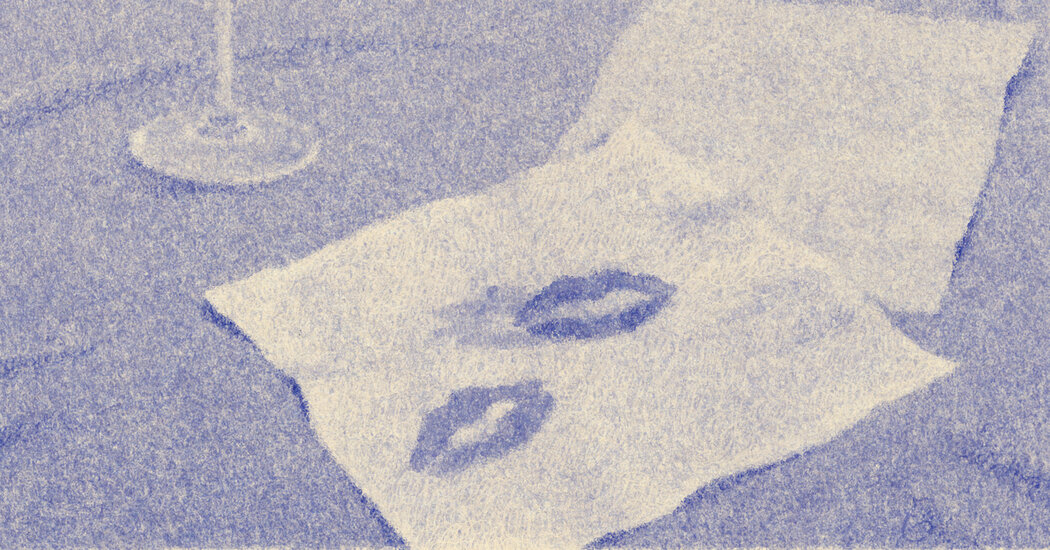
I started wearing lipstick on Zoom calls for work. Bright lipstick. Arousal lipstick. I strutted across the grocery store parking lot to create the illusion of wider hips. At my son’s baseball practices, I stuck out my “sexy bum” just to see what it felt like. (It felt stupid.)
I did nothing else out of the ordinary — no makeover, no personality transplant — but men I’d known for years started responding to me differently. For the first time since our sons started playing together, the Baseball Dads seemed aware of my existence.
Cute Dad struck up conversations during practice. Tall Dad noticed me squinting in the bleachers and positioned himself to block the sun from my view. Canadian Dad gave me a high-five and traced his fingers across my palm before letting go.
As preposterous as I initially thought the principles were, they seemed to work. For a few weeks, I felt positively witchy every time some poor sucker let me skip him in line at the self-checkout, and I waited for the attention to manifest a date. Several months later, I’m still waiting.
These days I’ve been getting notifications to order more lipstick, because I’m supposed to be running low, but I haven’t worn lipstick in weeks. It seemed to me that the attention I got when I followed the principles wasn’t leading me to a future I really wanted. Instead, it pointed to an ancient past, prompting a biological reflex that, while initially flattering, felt like a cheap substitute for a real connection. Why put on lipstick just to be reminded that what’s missing in those moments of attraction is what’s most essential?
According to the boot camp syllabus, I’m supposed to be bantering with men on dating apps, using compliments that double as insults because “men want to play.”
You know what I want? A handsome stranger who approaches me from across a crowded room. “I couldn’t help but notice your lipstick,” he might say, handing me a moist toilette to wipe it off. He’ll look me up and down, frowning at the too-tight jeans I can barely zip up. “Let’s get out of here,” he’ll say. “You look like you want to slip into something more comfortable.”
Rebecca Anne Nguyen is the co-author of the memoir “Where War Ends: A Combat Veteran’s 2700-Mile Journey to Heal.”






